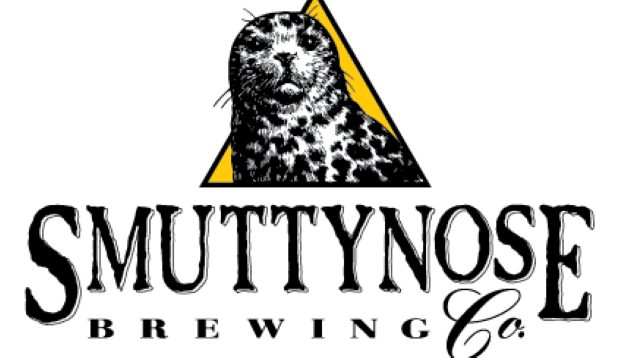Smuttynose Brewing Has Been Purchased by NH Venture Capitalists

If you’re the owner or operator of a regional American craft brewery that began its life in the ‘80s or ‘90s, chances are good that you’re currently living through an age of uncertainty and fear.
There is a culling underway in the craft beer industry, a reshuffling of the deck as old-school brewers such as Mendocino or Saratoga Brewing Co. shutter their doors, as we’ve written about in depth. Some of those breweries had scapegoats upon which they could blame their woes, such as bad investors or incompetent leadership.
New Hampshire’s Smuttynose Brewing Co. has been another brewery in trouble throughout 2017 and 2018, but unlike some of the others it doesn’t have a clear-cut scapegoat. It has faced a more troubling problem—people were just drinking less of its beer. MUCH less, in fact. Although the numbers are oddly hidden at the very bottom of this piece from Brewbound, they are shocking when you do the calculations. In 2016, Smuttynose suffered an 8% drop in sales, which brought total production to 48,000 barrels that year—by no means a good figure, but not completely devastating. However, 2017 was truly disastrous, as total barrels dropped to an estimated 35,000. That is a 27% drop in production in a single year. Few businesses could possibly be able to handle a gut-wrenching fall like that one, which makes it all the more clear why Smuttynose had to be sold at public auction to Provident Bank, its lead lender, for $8.25 million last week. It was a case of increased competition and decreasing interest in the brand that came at the worst possible time, in the wake of Smuttynose committing to an expensive new facility that was meant to rapidly increase (rather than decrease) production.
“The company’s financial models were based on 20 years of consistent growth but the explosion of microbreweries has led to changing dynamics in the marketplace,” said Smuttynose owner Pete Egelston in a previous statement. “This dramatic shift occurred just as Smuttynose committed to a major infrastructure investment with the construction of the new production facility. As the turmoil in the marketplace stabilizes, Smuttynose, a trusted brand with strong consumer loyalty, can regain its footing with a major infusion of capital.”
-

-

-

-

-

-

-

-

-

-

-

-

-

-

-

-

-

-

-

-

-

-

-

-

-

-

-

-

-

-

-

-

-

-

-

-

-

-

-

-








































